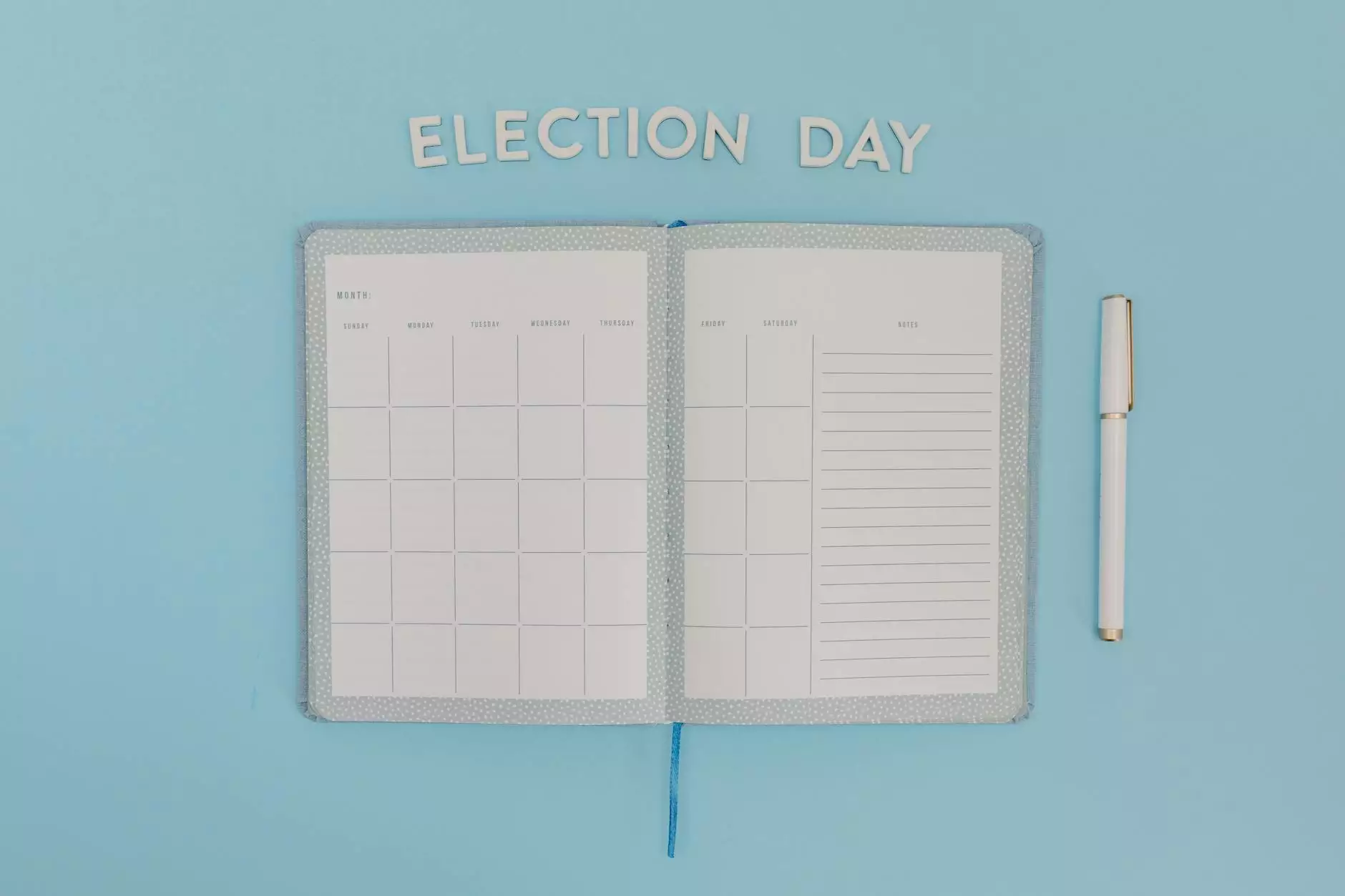Understanding How Long to Keep Tax Records: A Comprehensive Guide for Business Owners

Introduction
In the world of finance and taxation, one of the most critical aspects that business owners often overlook is how long to keep tax records. Keeping accurate and thorough records is essential not only for tax compliance but also for informed business decision-making. In this extensive guide, we will delve into the importance of tax records, the recommended timeframes for retaining them, and best practices for organization and storage.
The Importance of Keeping Tax Records
Every business must maintain proper financial records for several reasons:
- Tax Compliance: Accurate records help ensure that your business complies with tax regulations and allows you to defend your claims in case of an audit.
- Financial Analysis: Retaining records gives insights into your business's financial performance, allowing for better decision-making.
- Risk Management: Keeping comprehensive records can mitigate risks related to litigation or tax disputes.
- Claim Deductions: Detailed records allow you to substantiate deductions for business expenses, ensuring maximum tax efficiency.
How Long to Keep Tax Records
The duration for keeping tax documents can vary based on the type of document. Below are the recommended timeframes:
1. General Rule: 3 Years
As a general rule, the IRS recommends keeping tax records for at least three years from the date you filed your return. This timeframe covers most tax situations, ensuring you have documentation if you're audited.
2. Special Circumstances: 6 Years
If you underreported your income by more than 25%, it is advisable to keep records for up to six years. This offers a safeguard if the IRS queries your reported earnings.
3. Claiming a Loss: 7 Years
For claims related to bad debt deduction or worthless securities, you should keep records for up to seven years. This ensures that you have enough documentation to support your claims.
4. Employment and Business Tax Records: Indefinitely
If you have employees, records pertaining to employment taxes should be kept for at least four years after the tax becomes due. However, some records may need to be retained indefinitely, especially if you're involved in a partnership.
5. Real Estate Transactions: 3 Years After Sale
For property-related records, such as the purchase and sale of real estate, it's crucial to retain these documents until at least three years after you have sold the property. This helps substantiate any potential capital gains or losses.
Best Practices for Organizing Tax Records
Keeping track of documents can be challenging, but with a systematic approach, you can make the process efficient:
- Use Digital Tools: Implement accounting software to track and store financial records digitally. This reduces physical clutter and makes it easier to access necessary documents.
- Create a Filing System: Organize records by year, type, and category. This will streamline the retrieval of documents when needed.
- Regularly Review and Update: Set aside time each year to review your records. Discard documents that are beyond their retention period but be sure to retain what's necessary for compliance.
- Consider Cloud Storage: Use cloud-based storage solutions to back up critical documents. This ensures that your records are safe from physical damage like fire or flood.
Digital vs. Physical Copies: What You Need to Know
While both physical and digital storage of tax records is viable, there are benefits and drawbacks to each:
Physical Copies
Keeping physical copies might be familiar, but it comes with downsides such as:
- Space Consumption: Physical records require storage space which can be limited, especially for larger businesses.
- Vulnerability to Damage: Paper records can be easily damaged or lost through natural disasters.
Digital Copies
Digital storage provides numerous advantages:
- Easier Access: With digital records, you can access your documents remotely, making it more convenient.
- Space Efficient: Digital files take up virtually no physical space and can be stored en masse.
- Improved Security: Digital documents can be encrypted and backed up to safeguard against loss.
Audit Preparedness: Why Keeping Records is Crucial
The thought of an audit can be daunting for any business. However, being prepared can ease the stress:
- Documentation Ready: Having your records organized and easily accessible will help you respond quickly to any IRS inquiries.
- Avoiding Penalties: Accurate record-keeping reduces the risk of penalties associated with missed deadlines or incorrect filings.
- Building Trust: Proper records instill accountability and build trust with stakeholders, including clients and investors.
Conclusion: Take Control of Your Tax Records
Understanding how long to keep tax records is vital for every business owner. By following the guidelines outlined above, you can secure your financial future, simplify compliance, and ensure that you're maximizing your tax efficiency. Establishing an organized system for your records will not only save time and stress during tax season but will also bolster your overall business operations.
For those who find themselves overwhelmed with record-keeping, consulting with a professional accountant or tax service, such as taxaccountantidm.com, can provide the support you need to enhance your financial management practices. Investing time in understanding your tax responsibilities today can lead to greater success tomorrow.









